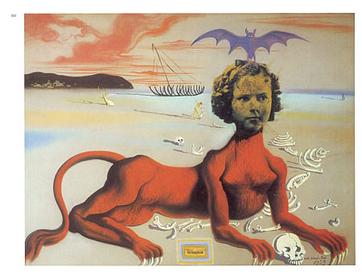
While I did enjoy the film, I think that has more to do with my interest in how filmmakers depict the apocalypse or the destruction of New York, than with the film itself. This is an entertaining destruction of Manhattan. The Statue of Liberty gets decapitated (it's shown on the DVD menu so I'm not spoiling anything) and the Brooklyn Bridge also faces assault. Whole buildings are torn to pieces and Central Park is the site of a gruesome death. So it's entertaining to watch another filmmaker attempt another cover of this modern-day folk song, but aside from the essential interest in the subject and the interesting creature created by the special effects team, the film is pretty terrible.

The acting is awful. The script is offensively stupid. The characters are loathsome and hollow. They are all insipid, 20-somethings living in Manhattan, going to house parties and trying to get it on with other cute and vacant people. The main character holding the video camera through which we view the film is a complete moron and repeatedly says terribly stupid, insensitive things. Why would the screenwriter choose a dufus as our guide? Why would he continue to be so irredeemably dense?
The rest of the characters are flat. Little is developed thematically, except perhaps that love moves people to do foolish things. This theme leads the characters to what is probably the best part of the film.
Semi-Spoiler! The group of survivors from the going-away party that opens the action go in search of the protagonist's love interest. Her apartment is at the top of a high-rise which has been knocked over and leans against a similar building. The group must climb to the top of the stable building and crawl out over the roof of the leaning building. It's a pretty neat idea and interesting to watch being executed.

And the extras are lame. The "alternate endings" are slight edit choices that hardly change the end at all. Weak.
As for the assertion that it is a "screw-you to yuppie New York", the people that it shames for their foolishness and stupidity are the only people we see. They aren't funny and there's nothing ironic. For the film to function, the audience is supposed to identify with the main characters. Otherwise the tension wouldn't exist and no one's interest would be held. So if we are supposed to identify with these characters, the filmmakers think very little of their audience.

Furthermore, in the commentaries and extras, J.J. Abrams, the executive producer, talks at length about his desire to have an American Godzilla. I hardly see much condemnation of the innocent on the ground in this analogy. And as a response to Godzilla, the monster is barely on the screen and cannot be identified until the very end. Godzilla is exciting and captivating because we see the monster clearly and the low-quality of the effects is endearing and entertaining like a cartoon. "Cloverfield" is none of these things. It's a teen thriller/chase movie. It's a video game with obstacles and monsters one must defeat in order to move on and save the golden princess.
So I'd say it's a fun film. Don't expect too much, watch it with a beer and friends, and you won't be too disappointed.
